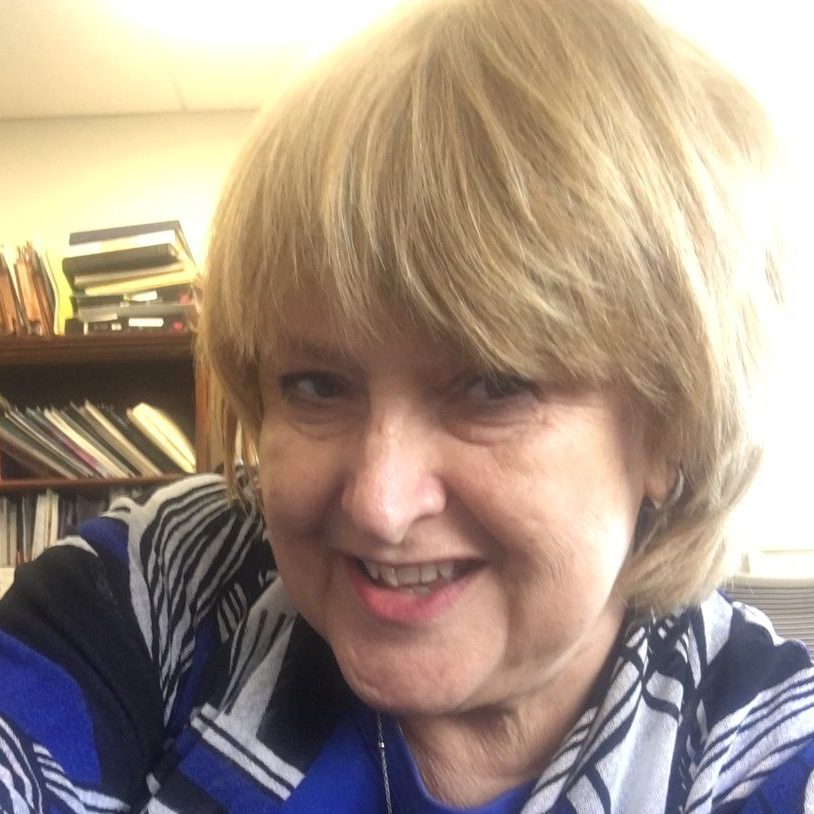SisterSchmooze: Studio Lessons




Turning lemons into lemonade? Extracting the good from the bad? Finding educational value in every experience? We were having one of our Schmooze Skype brainstorming sessions (we call them “Shkypes”), and one topic was leading to the next, and the next, and the next….
And someone said: What about watching TV — anything positive about that? Not much these days. How about game shows? Or shows filmed before a live audience? Or… what about being in a studio audience? Hmm…
Before we knew it, we set ourselves a Schmooze Challenge: What possible educational takeaways can be derived by someone sitting in a studio audience watching a show being filmed live?
The only way to do that, we decided, was to rewind the clock a few decades to a more innocent time.
Join us as our memories take us to three studio-audience experiences of the past. One that turned into a lesson about balancing short-term discipline with far-seeing wisdom. Another that became a lifelong friendship-sealing happy memory. And a third audience experience that teaches us about the meaning of true beauty.
Great lemonade.
Miriam goes…
Way beyond Sesame Street
Social scientists like to argue about the value of TV as an educational tool. Me, I can remember two times when I learned something from the tube. But not quite the way the producers expected….
We were a group of giggly, excited, slightly nervous ninth graders, meeting a host of teachers for the very first time. Now, we stared at the erect figure with a salt-and-pepper beard and an aura of friendly dignity standing in front of the teacher’s desk. Later, we’d learn what a tzaddik this man was, his huge accomplishments. But today, on our first day of high school, he was just our new Navi teacher, Rabbi Moshe Ebstein ztz”l.
He began to speak, and within minutes we knew we were going to love this class. He was stimulating, mesmerizing, as he addressed us as “leetle ladies,” and cautioned us to “put your tallis over your heads,” when he shared an awesome piece of Torah.
Too soon, the class came to an end. “And now, leetle ladies, take out your homework pads,” he told us. Good girls, we diligently took out notebooks to write down the assignment.
“When you go home, I want you to go to your Tatty,” he began.
We exchanged puzzled looks but dutifully scribbled down the words.
“…and ask Tatty for a hammer.”
Our pens slipped onto our desks; our mouths hung open in surprise.
“I want you to take that hammer, go into your living room, and break the television.”
Some of us rolled our eyes. All of us giggled. To the best of my knowledge, none of us broke the TV screen with Tatty’s hammer.
And yet — I learned something that day (besides Navi). That small, entertaining box, to be found in the home of almost every girl in Bais Yaakov in those simpler times, was not as harmless and innocuous as I’d always believed. Secular culture and its truisms? Perhaps I had to rethink them, look at them through the eyes of Torah.
That was my first encounter with “educational TV.”
(Excerpted from Family First, Issue 604)
Oops! We could not locate your form.

